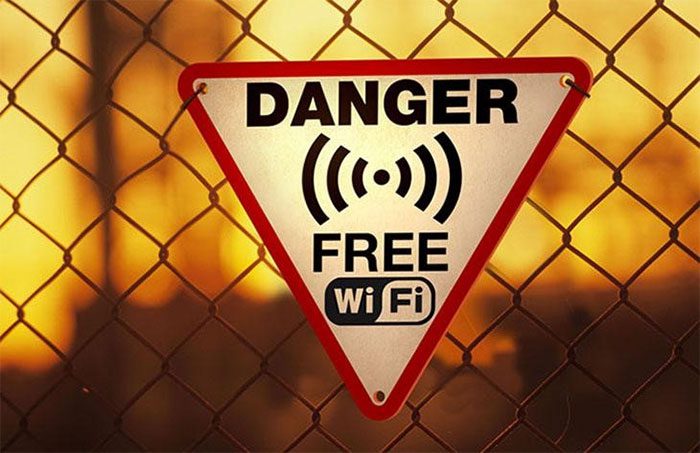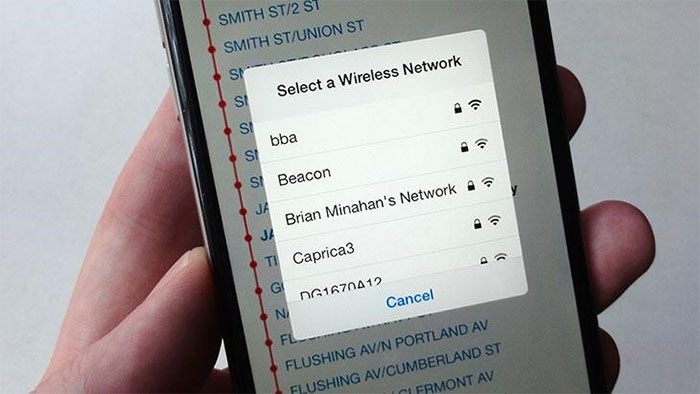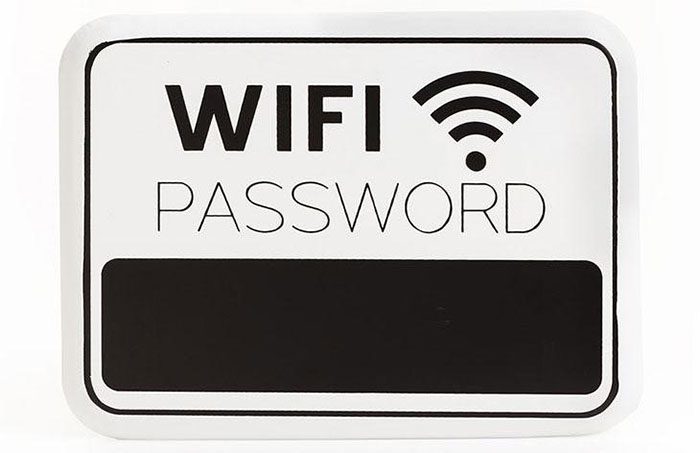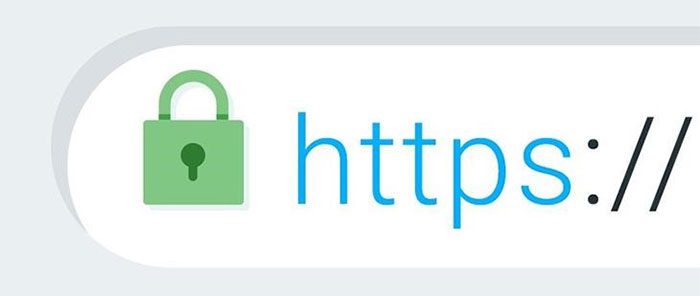For those who frequently rely on internet connectivity but do not often subscribe to internet services, continuous movement can lead to disruptions in both work and personal experiences. Utilizing public Wi-Fi networks, which are free, can be quite useful for them and ensures effective internet connectivity.
However, using public Wi-Fi also comes with numerous risks that you may not foresee. Below, let’s explore the dangers of using public Wi-Fi and how to mitigate these risks effectively.
The Dangers of Using Public Wi-Fi
User Data Collection
Currently, cybercrime poses a significant concern for both domestic and international network providers, with no specific solutions in sight. Criminals target public Wi-Fi networks that devices connect to, exploiting personal information from users accessing these networks. They aim to steal data related to online banking accounts or financial services, intending to commit theft and extort users through the exchange of personal data.

Hackers exploit personal information from users accessing public Wi-Fi.
Creation of Fake Wi-Fi Networks
Hackers often create fake Wi-Fi access points. Once users log in and connect to the network they have created, all personal information and data sent to websites or shopping accounts is captured by them.
If users are not cautious and connect to such networks, everything they access will be recorded, from sensitive information like bank passwords to other confidential data that they are completely unaware is being monitored.
Man-in-the-Middle Attacks
This type of attack is very common and widely used by many hackers. They will monitor and directly interfere with the data flowing in and out of your device connected to the Wi-Fi. It can also redirect users of public Wi-Fi to malicious websites to deceive them and steal financial information or install malware on their devices for remote control access.
Public Wi-Fi networks also provide opportunities for attackers to operate on the same network without interference from service providers, even if that network is legitimate and not fake. You should avoid connecting to any Wi-Fi network that does not require a password, as well as sending data without encryption, since such data can be easily intercepted and misused by malicious actors.
Devices Being Scanned for Network Attacks
With the advancement of digital technology today, it is not surprising to encounter sophisticated cyberattacks frequently occurring on public Wi-Fi networks. The direct reason that makes public Wi-Fi networks vulnerable to hacking and exploitation of information is their weak security and lack of a strong connection to the server.
Spreading Malware
Hackers often prefer to attack networks with high user traffic, allowing them to extract more user information. They do this by sending malware and viruses through public Wi-Fi networks. Users of these networks may unknowingly download malicious software onto their devices, thus unintentionally exposing their personal information quietly and for free.
Ways to Avoid Dangers from Public Wi-Fi
Check the Source of the Wi-Fi Network You Connect To

You should only choose networks with known sources.
When you want to connect to a Wi-Fi network from the list you find, only choose networks that have a known source, associated with a specific company or hotel. Avoid connecting to Wi-Fi networks of unclear origin or those without secure passwords, even if their connection seems better than others.
Always Connect to Password-Protected Networks

Password-protected Wi-Fi connections feel more secure.
WPA or WPA2 security protocols are considered reliable and safe connections. While it is not difficult for hackers to breach a Wi-Fi password, connections with passwords still provide a greater sense of security compared to unprotected public networks.
Use HTTPS Protocol on Supported Websites
Websites with addresses beginning with https:// are secured better than standard http links. These connections are encrypted and include an additional layer of protection, making them harder to breach than regular network connections.

Limiting connections to public Wi-Fi networks is a top recommendation from us to avoid unfortunate exposure of personal information or banking accounts.
Thus, using public Wi-Fi connections can pose significant risks for you. Through this article, you should recognize some limitations and dangers associated with these connections. The preventive measures mentioned will help you significantly reduce the risk of personal information theft.


















































